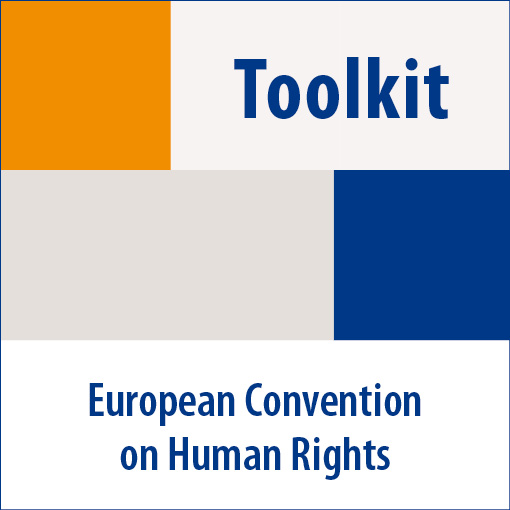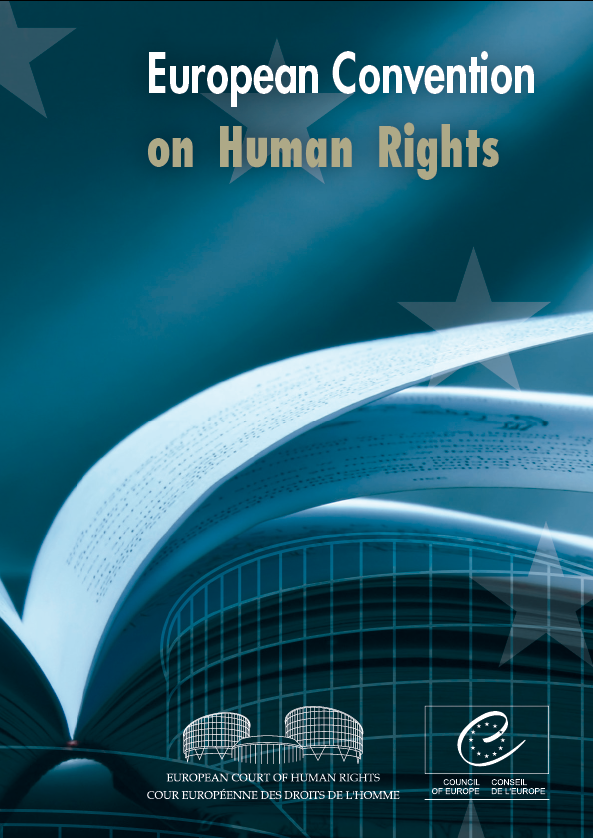Article 14 requires that "The enjoyment of the rights and freedoms set forth in this Convention shall be secured without discrimination on any ground such as sex, race, colour, language, religion, political or other opinion, national or social origin, association with a national minority, property, birth or other status".
Article 14 does not give a free standing right. It can only be used in conjunction with another right given by the Convention (or Protocols, if ratified). It may, however, be breached when read with that other right even if the other right on its own is not breached. NB Protocol No. 12 gives a free-standing right in the same terms as Article 14, which should make it more widely applicable, but it is not yet ratified by many States (see below).
List of grounds for discrimination not exhaustive: The words "such as" and "or other status" flag up that the list is only illustrative. The Court has also recognised, for example, conscientious objection, disability, illegitimacy and sexual orientation as prohibited grounds of discrimination, and may add more.
Discrimination is harder to justify on some grounds than on others: though all the grounds are important, the Court has said it will require particular weighty reasons to justify discrimination on grounds of sex, sexual orientation, race, colour, nationality (except in regard to immigration), illegitimacy and religion.
What is discrimination? It is treating people in analogous situations differently, or people in different situations alike, without objective and reasonable justification. So, not all differential treatment is discrimination. A prisoner and a free person, for example, are not in analogous situations, so different treatment may be justified. The two main situations can be illustrated as follows: where a lesbian was not allowed to adopt a child solely because of her sexual orientation, while other unmarried people were allowed to, there was a breach (people in analogous situations treated differently) (EB v. France). Conversely, where a Jehovah's Witness who had been convicted of refusing to wear a uniform was denied the right to qualify as an accountant because of a previous conviction, there was also a breach, because he, with a very minor conviction, was treated the same as people in very different situations, with convictions for dishonesty and fraud (Thlimmenos v. Greece).
"Objective and reasonable justification": the Court, through its case law, has introduced this concept similarly to the permitted exceptions in the second paragraphs of Articles 8 to 11: that is the burden is on the State to prove the justification, which must also be proportionately applied.
Violence motivated by discrimination is particularly serious and important for agents of the State authorised to use force (for example, police or armed forces) to avoid. In a case of an assault by police on a Roma individual during racial confrontations in a village, the Court found a breach because there was evidence that the attack was racially motivated (Stoica v. Romania). In another case where two Roma conscripts were shot by police, the Court found no breach of Article 14 read with Article 2 because there was insufficient evidence of racial motivation, but there was a breach of a procedural obligation to investigate properly cases where violence used by its agents might be motivated by discrimination (Nachova v. Bulgaria). State toleration of discriminatory violence used by private persons can also be a breach, as where a congregation of one religious group was violently attacked by followers of another and the authorities refused to intervene to stop it and were indifferent to prosecuting the perpetrators (97 members of the Gldani Congregation of Jehovah's Witnesses and 4 others v. Georgia).
Indirect discrimination is where a generally applicable law or policy has a disproportionately adverse effect on members of a particular group, even if there is no discriminatory intent. So a breach was found where a disproportionately high number of children from an ethnic group were sent to special schools for the less able, even though the policy was of general application. The problem was with how the policy had been applied (D.H. and Others v. the Czech Republic).
Discrimination on any of the grounds identified in Article 14 or by the Court can arise in almost any instance where officials deal with the public in relation to areas within the ambit of the Convention rights and freedoms. Great care and vigilance are needed by all officials to refrain from differential treatment that amounts to discrimination.
PROTOCOL No. 12
This protocol repeats the prohibition on discrimination in identical language to that in Convention Article 14, but with the key difference that it makes it a free standing right, not tied to the ambit of another Convention right. So far relatively few States are parties and there is very little decided case law, so it is hard to give guidance on its likely effect.




